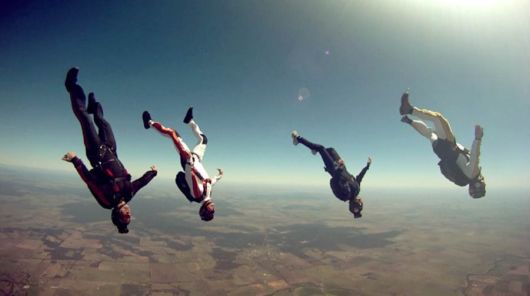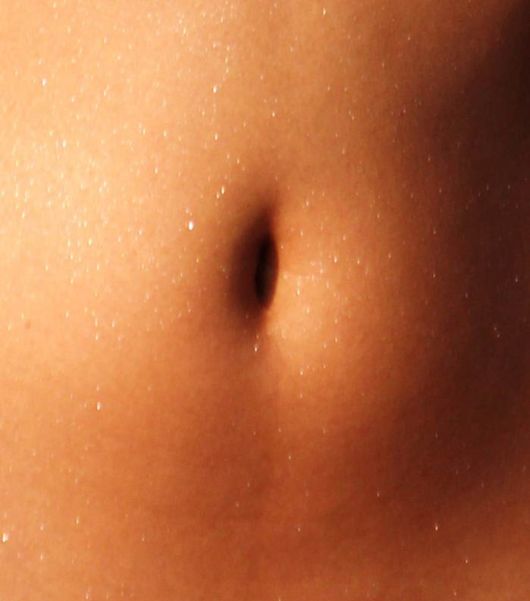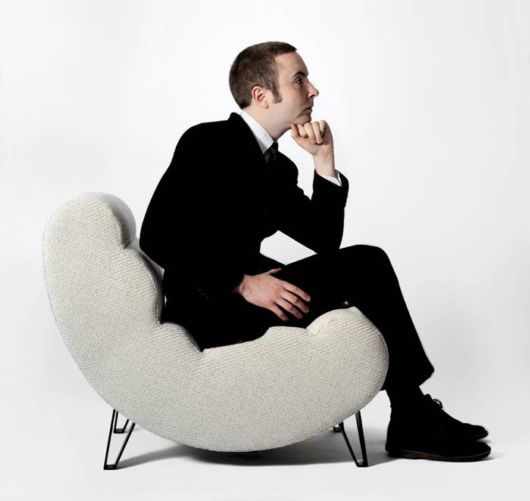Biologically speaking, developing a phobia is as easy as experiencing a traumatic event and consistently relating that event to something (often arbitrary) that was present when the event transpired. So while it?s possible for someone to develop an irrational fear of almost anything, one wonders how the afflicted parties of some of the following phobias manage to successfully function in their everyday lives.

Barophobia, or the fear of gravity, can manifest itself in a few different ways. An individual plagued with this crippling phobia is frightened that the pull of gravity will eventually crush them, or alternatively, that gravity will cease to exist and they will simply float off the face of the Earth. Strangely, a valid type of treatment for this phobia is listed as ?exposure therapy?. We?re not sure how such a therapy would appear, exactly, but we would imagine it would look a lot like pure existence.

Geliophobia is the fear of laughter, and can be experienced by hearing others laugh, or by one?s own laughter. As with many phobias, symptoms vary in intensity ? ranging from shortness of breath or rapid breathing to extreme anxiety, nausea, and uncontrollable shaking.

Unlike Raj from the Big Bang Theory, who is thought to be suffering from gynephobia (the fear of all women) caligynephobia is the distinct fear of beautiful women; at least the ones the sufferer deems to be beautiful. Some have a constant fear, while others respond fearfully to more direct stimuli. We can?t imagine how caligynephobiacs would fare at a Miss America pageant.

Do you hate touching (or someone else touching) your bellybutton? You may suffer from omphalophobia, or the fear of bellybuttons. Just the sight of an uncovered navel does some people in. While it may seem like a rare occurrence, there are a few celebrities that admit to having this reaction. Khloe Kardashian has said, ?Bellybuttons are disgusting. I get chills every time I touch my belly.? Oh, the struggles of the wealthy.

In what seems like the cruelest phobia of all, philophobia is the fear of falling in love. This may start out by obsessing over a broken relationship, and eventually culminate in the fear of experiencing heartbreak again. Most of us are able to bounce back over time, but philophobics start avoiding potential mates, and depending on the situation, may escalate into a scenario where all human contact is avoided.

Insensitive jokes aside, people that suffer from phronemophobia are scared of thinking. More specifically, they are afraid to be alone with their thoughts, and are said to have a faulty understanding of how the brain interprets ideas and reactions as separate things. They feel that if a certain thought enters their head, they will be powerless to stop it. Phronemophobics spend a lot of their time distracting themselves in order to keep deeper thoughts at bay.

Thaasophobia is classified as the fear of sitting, though it also has been called ?the fear of being idle? or ?an intense fear and hatred of boredom?. If just physically sitting down is the cause of stress, it may be because sitting is physically painful to the body. Those who suffer from this phobia are greatly limited in their career choices, and school is often a treacherous experience.

Before the benevolent grin of the recently chosen (and well-liked) Pope Francis, it is difficult to imagine someone having papaphobia, or an irrational fear of the Pope or the papacy in general. This condition is often linked with hierophobia, the fear of holy people or objects; and even ecclesiophobia, the fear of churches or organized religion.

Our bodies are largely made of water, and so in biological terms, hydration is synonymous with life. That may glean a little understanding into the minds of xerophobics, who are afraid of dryness. These people will avoid dry climates, use moisturizers and creams in excess, and drink a lot of fluids. They may even react poorly to the sight of anyone that appears to have dry skin, lips or hair. Fans of the TV show Doctor Who know one xerophobe in particular who is terrified of being ?under-moisturized.?

You had to have seen this one coming; the fear of everything: pantophobia. (Also referred to as panophobia or omniphobia.) While understandably hard to pin down in direct psychological terms, it can also refer to a non-specific phobia, or just a general sense of being scared all the time.

